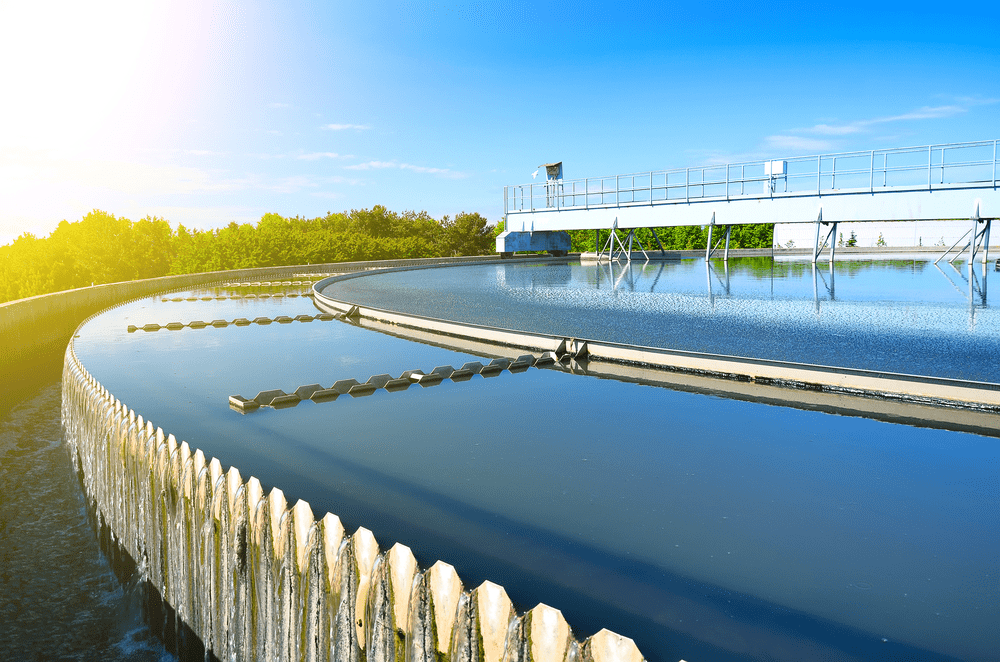In the realm of environmental stewardship and resource management, water treatment stands as a critical frontier. The pursuit of advanced water treatment strategies is not merely a technical challenge; it is a vital commitment to enhancing the quality of our water and ensuring the sustainability of our planet. This article delves into innovative approaches and technologies that are setting new standards in the water treatment industry, ensuring that every drop of water we consume or return to the earth is clean, safe, and sustainable.
The Imperative of Modern Water Treatment
The complexity of modern pollutants requires equally sophisticated treatment solutions. From industrial runoff to pharmaceutical residues, the variety of contaminants affecting water sources is vast and varied. Traditional water treatment methods, while effective to a degree, often fall short in addressing the entire spectrum of pollutants present in today’s water supplies.
Emerging Technologies in Water Treatment
Nanotechnology: A Molecular Approach
Nanotechnology offers a groundbreaking approach to water treatment, utilizing nanoparticles to remove contaminants at a molecular level. This technology has shown remarkable efficiency in eradicating bacteria, viruses, and even heavy metals, promising a future where water purity is not just an ideal, but a reality.
Membrane Filtration: Beyond Conventional Limits
Membrane filtration technologies, such as reverse osmosis and ultrafiltration, represent a leap forward in our ability to purify water. These methods excel at separating harmful contaminants from water molecules, delivering unparalleled purity levels. Moreover, advancements in membrane materials are reducing energy consumption, making this technology more sustainable than ever.
Biofiltration: Harnessing Nature’s Power
In biofiltration, natural processes are the heroes. Utilizing microorganisms to break down pollutants, this strategy is not only effective but also eco-friendly. Biofiltration systems can adapt to diverse contaminants, offering a versatile solution that complements nature’s inherent wisdom.
The Role of Data Analytics and AI
The integration of data analytics and artificial intelligence (AI) in water treatment processes marks a significant evolution. These technologies enable real-time monitoring and optimization of treatment processes, ensuring maximum efficiency and adaptability to changing water quality needs. AI algorithms can predict potential system failures or contamination risks, allowing preemptive action to safeguard water quality.
Sustainable Practices and Renewable Energy
Sustainability in water treatment extends beyond the purification process. The adoption of renewable energy sources, such as solar or wind power, to run treatment plants reduces the carbon footprint associated with water purification. Additionally, water conservation strategies, including the reuse of treated wastewater for industrial or agricultural purposes, underscore the importance of a holistic approach to water management.
Conclusion
The journey towards advanced water treatment strategies is a testament to human ingenuity and our collective responsibility towards the environment. By embracing these innovative technologies and practices, we are not just enhancing the quality of water; we are committing to a sustainable future for all. As we continue to refine and expand these strategies, the vision of a world where every individual has access to clean and safe water becomes increasingly attainable. The essence of water treatment is evolving, guided by a profound respect for nature and a relentless pursuit of excellence.
Also, read more at “kiendel.com“
